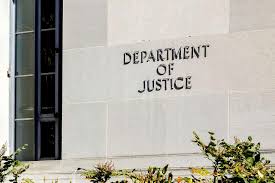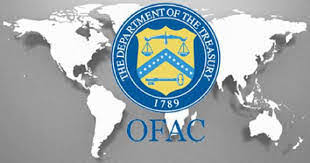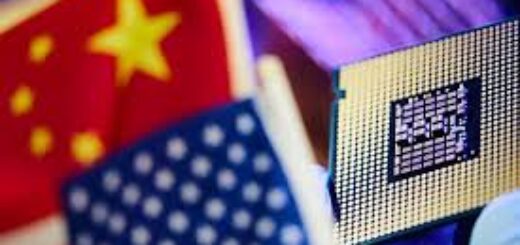Unicat Settles with DOJ and Resolves Sanctions, Export Controls and Customs Violations Applying Voluntary Disclosure Policy in M&A Context (Part I of III)

In an interesting enforcement action reflecting the Administration’s priority on sanctions, export and customs enforcement, DOJ announced a global resolution with DOJ, OFAC, BIS and CBP and Unicat Catalyst Technologies (“Unicat”), under which Unicat agreed to pay forfeiture totaling $3,325,052.10, representing the proceeds of its violations of U.S. sanctions, export control and customs laws.
In parallel resolutions coordinated between the Justice Department, the OFAC and the Commerce Department’s Bureau of Industry and Security (BIS) Office of Export Enforcement (OEE), Unicat agreed to pay $3,882,797 to OFAC, and agreed with OEE to pay a penalty of $391,183 for its violation of U.S. export control laws. OFAC agreed to credit Unicat’s payment of forfeiture pursuant to the NPA against the OFAC penalty, and OEE has agreed to credit Unicat’s payment to OFAC against the OEE penalty. In a separate administrative resolution with U.S. Customs and Border Protection, Unicat agreed to pay $1,655,189.57, in underpaid duties, taxes, and fees.

DOJ’s non-prosecution agreement was authorized under its voluntary disclosure program in connection with acquisitions, which provides that when a company (1) completes a lawful bona fide acquisition of another entity, (2) voluntarily and timely self-discloses to NSD potentially criminal violations of laws affecting U.S. national security committed by the acquired entity, (3) fully cooperates with NSD’s investigation, and (4) timely and appropriately remediates the misconduct, DOJ generally will decline to prosecute the acquirer. The DOJ/NSD M&A Policy further provides that while a presumption of declination is not available to the acquired entity, NSD will credit the acquirer’s timely voluntary self-disclosure to the acquired entity and will consider whether the acquired entity otherwise satisfies the NSD Enforcement Policy’s requirements to obtain the benefits of the Policy.

DOJ determined that White Deer’s acquisition of Unicat was a lawful bona fide acquisition, and that White Deer’s self-disclosure was timely under all of the relevant circumstances, including the COVID-19 pandemic and in the context of White Deer’s acquisition of Unicat and efforts to integrate the company’s operations into another acquired entity. White Deer and Unicat fully cooperated with the government’s subsequent investigation by proactively identifying, collecting, and disclosing relevant evidence to investigators, including foreign language evidence and evidence located overseas, and providing detailed and timely responses to the government’s requests for information and evidence. White Deer’s and Unicat’s cooperation materially assisted the government’s investigation, leading to the successful prosecution of Unicat’s former CEO. Unicat remediated the root cause of the misconduct in less than one year from the date of its discovery by terminating culpable employees, disciplining other employees involved in the misconduct, seeking reimbursement from Unicat’s sellers, and designing and implementing a comprehensive and robust internal controls and compliance program that has proven effective in practice at identifying and preventing similar potential misconduct.
This resolution marks the first time since the creation of the Justice Department’s Mergers and Acquisitions Policy in March 2024 that DOJ has declined the prosecution of an acquirer for self-disclosing criminal conduct discovered at an acquired entity.















